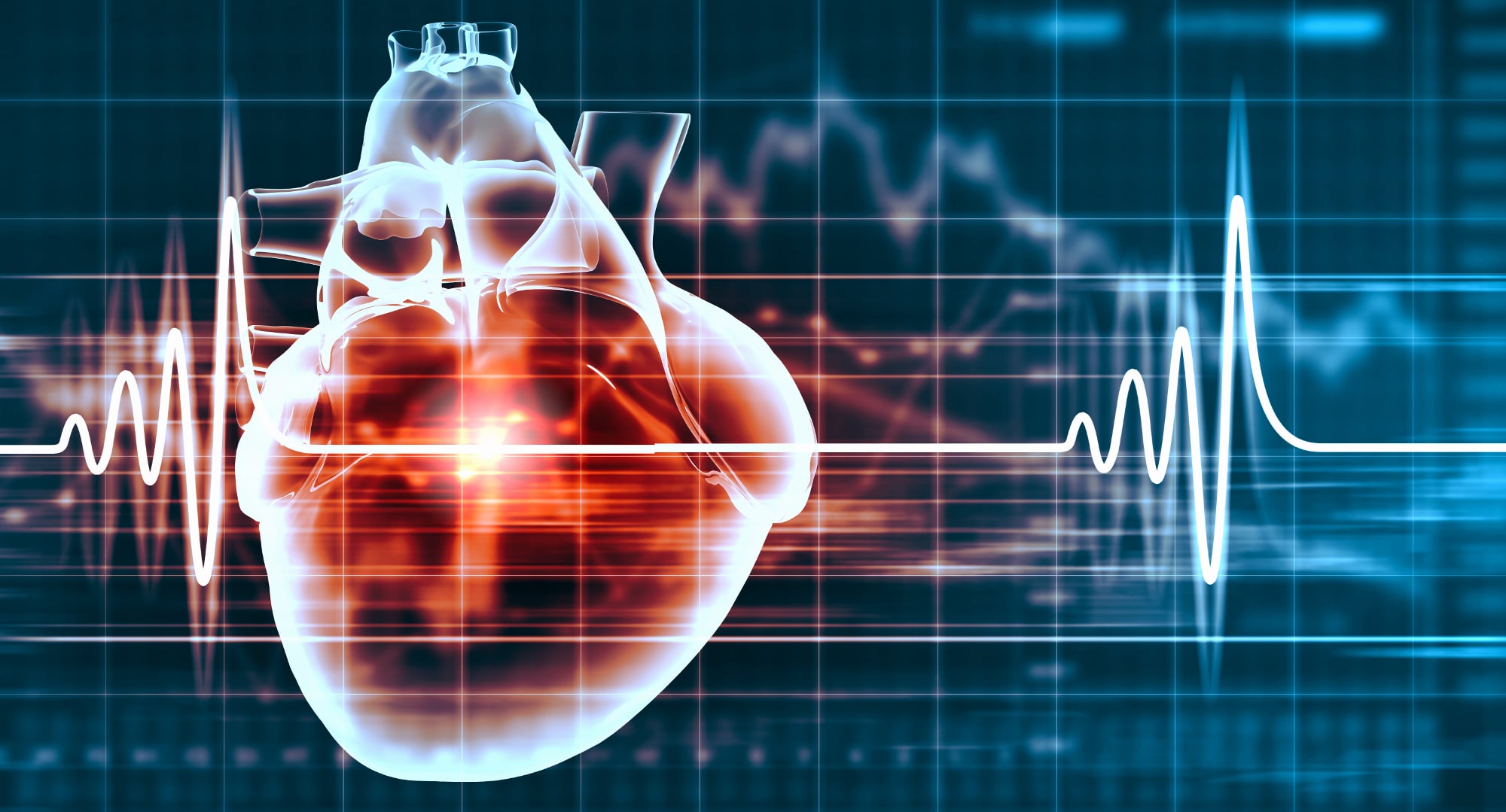
A study discovered that artificial intelligence might be used to forecast whether a person is at risk of having a heart attack up to ten years in the future. According to experts at the University of Oxford, the technology could save thousands of lives while improving therapy for nearly half of patients. The British Heart Foundation (BHF)-funded study investigated how artificial intelligence (AI) could increase the accuracy of cardiac CT scans, which are used to detect artery blockages or narrowing.
Prof. Charalambos Antoniades, chair of cardiovascular medicine at the BHF and director of the acute multidisciplinary imaging and interventional center at Oxford, said: “Our study found that some patients coming to hospital with chest pain—who are often reassured and sent back home—are at high risk of having an attack in the next decade, even in the absence of any sign of disease in their heart arteries.
They discovered that those with “significant” artery narrowings were more likely to have a serious heart attack
“Here we demonstrated that providing an accurate picture of risk to clinicians can alter, and potentially improve, the course of treatment for many heart patients.” About 350,000 people in the UK have a CT scan each year, but, according to the BHF, many patients later die of heart attacks due to their failure to pick up small, undetectable narrowing. Researchers analyzed the data of more than 40,000 patients undergoing routine cardiac CT scans at eight UK hospitals, with a median follow-up time of 2.7 years.
Over the course of nearly eight years, the AI tool was evaluated on a total of 3,393 patients and was able to effectively forecast the probability of a heart attack. AI-generated risk scores were then provided to 744 patients’ doctors, with 45% having their treatment regimens changed as a result. According to Antoniades, “We hope that this AI tool will soon be implemented across the NHS, helping prevent thousands of avoidable deaths from heart attacks every year in the UK.”
They discovered that those with “significant” artery narrowings were more likely to have a serious heart attack, but that twice as many patients with no significant narrowings also had heart attacks, which were sometimes deadly. Prof. Sir Nilesh Samani, medical director at the BHF, said the research “shows the valuable role AI-based technology can play” in identifying those most at risk of future heart attacks.






